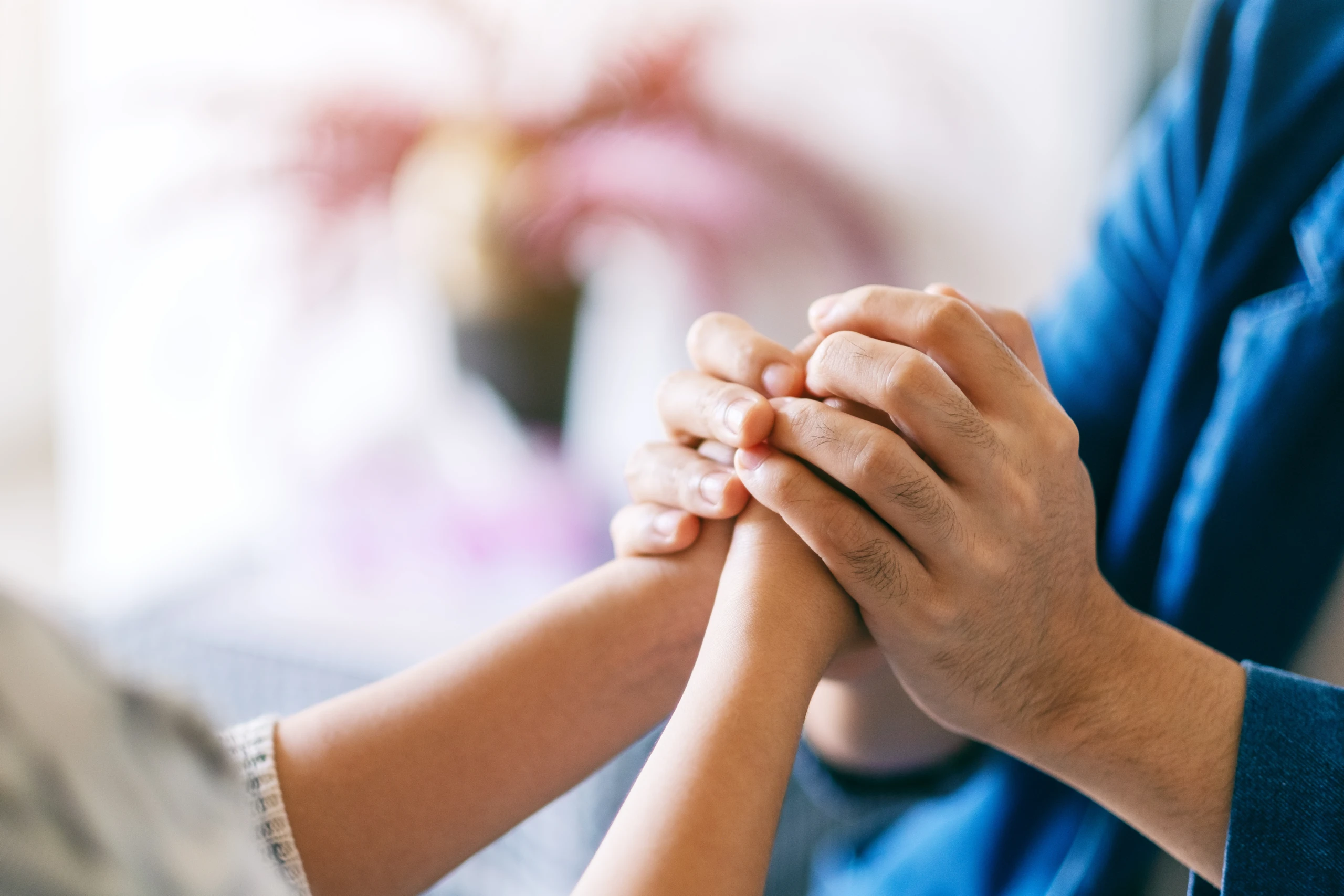At St. Joseph Institute for Addiction, we’ve found that a lasting recovery is about more than simply abstaining from the use of drugs and alcohol. Clients at our Pennsylvania residential addiction treatment center make peace with their past and learn healthy ways to deal with their emotions. Often, this includes working on forgiving others for their mistakes.
We understand that choosing to forgive someone who has hurt you isn’t an easy decision to make. However, there are many benefits to forgiveness that you might not have considered.
- Forgiveness Improves Your Relationships With Others
Often, simple misunderstandings are at the root of tension in our relationships with family and friends. For example, you may be angry at a friend who suddenly stopped returning your calls while you were in the early stages of your recovery, without realizing that she was going through some serious mental health struggles of her own. Taking the time to share how you feel in a non-accusatory way and to genuinely try to understand the other person’s perspective can help you heal from past hurts and build a stronger relationship in the future.
Writer and activist Emma Goldman spent her life working for social change—an experience that taught her about the importance of trying to understand the perspective of others before you jump to conclusions. “Before we can forgive one another, we have to understand one another,” she said.
- Forgiveness Stops the Cycle of Bad Behavior
When people hurt your feelings, is your first impulse to retaliate with harsh words or actions that are intended to get “revenge” for what they’ve done? “Getting even” may be satisfying in the moment, but it sets you up for a vicious cycle where you’re each trying to one-up the other. In some cases, you may hurt innocent bystanders in the process. (This is especially true for parents in recovery who are seeking to break generational legacies of addiction and mental health disorders. Remember that your children are looking to you to set a positive example for how to deal with conflict.)
Roberto Assagioli, an Italian psychiatrist, viewed forgiveness as a way to break patterns of bad behavior. “Without forgiveness, life is governed by an endless cycle of resentment and retaliation,” he said.
- Forgiveness Is an Act of Self-Care
In a perfect world, everyone would own up to their mistakes. It would be wonderful if the people who’ve hurt you decided to offer a heartfelt apology or a gesture of repentance, but you don’t have to let their lack of remorse keep you from moving forward. The decision to forgive is yours alone—and choosing to be the bigger person is the ultimate act of self-care. Multiple studies have shown that people who find it in their hearts to forgive have lower levels of anxiety and depression as well as stronger immune systems and improved heart health.
Poet, author, and civil rights activist Maya Angelou experienced many hardships in her life, but she firmly believed in viewing forgiveness as an act of self-care. “It’s one of the greatest gifts you can give yourself, to forgive. Forgive everybody,” she said.
- Forgiveness Builds Self-Esteem
Forgiving someone who hurt you isn’t easy, but choosing to rise above unfortunate circumstances teaches you that you are mentally strong and that you have the power to change the course of your future. This sense of empowerment will carry over to your recovery effects—providing a self-esteem boost that will help you push through any challenges you may encounter.
Mahatma Gandhi, the leader of India’s nonviolent independence movement against British rule, disagreed with the common view that choosing to forgive means giving up or allowing yourself to be treated badly. He said, “The weak can never forgive. Forgiveness is the attribute of the strong.”
- Forgiveness Keeps You From Being Stuck in the Past
Holding a grudge may seem like a reasonable response when someone has hurt your feelings or betrayed your trust, but being angry about the past only keeps you from moving forward with your life. Choosing to forgive gives you the freedom to explore all of the future possibilities that come with your recovery efforts.
Paul Lewis Boese. a producer and director best known for Couples Retreat (2009), My Haunted House (2013), and I Married a Murderer (2017), explained this benefit of forgiveness best when he said, “Forgiveness does not change the past but it does enlarge the future.”
- Forgiveness Makes You the Hero of Your Own Story
Just as recovery is an ongoing process that takes continued effort on your part, forgiveness doesn’t happen overnight. In some cases, you may need to revisit your feelings multiple times by writing in your journal, talking to a trusted friend, or working with a qualified mental health professional. This is a normal part of the process of moving from seeing yourself as a victim to becoming the hero of your own story.
The shift in your mindset that comes with forgiveness is best described by author C.R. Strahan, who said, “Forgiveness has nothing to do with absolving a criminal of his crime. It has everything to do with relieving oneself of the burden of being a victim—letting go of the pain and transforming oneself from victim to survivor.”


